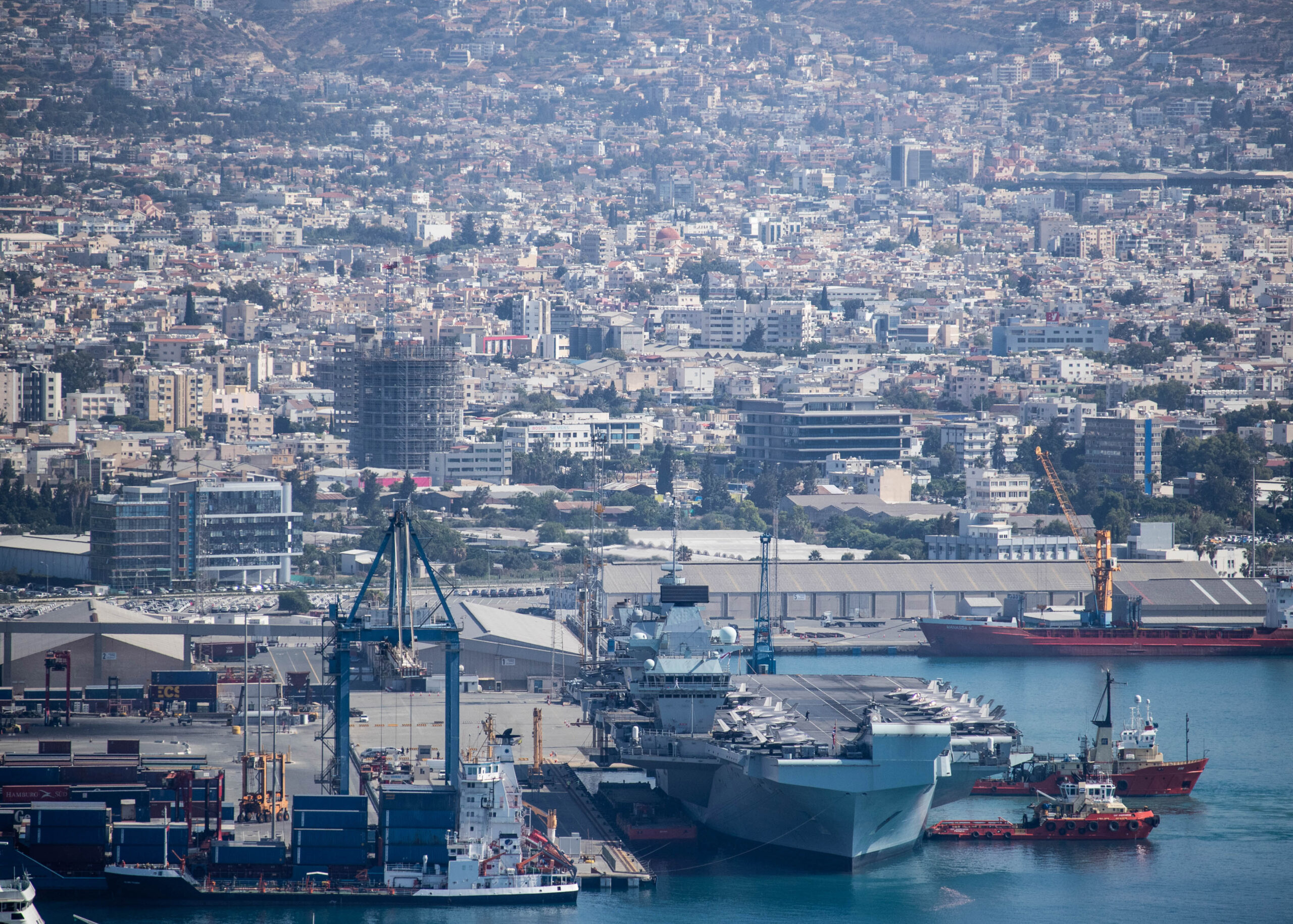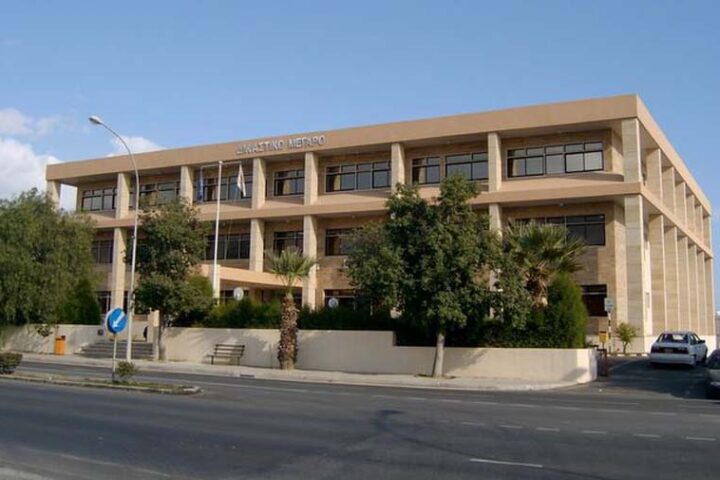A government deal with Limassol port management to avoid a hefty 16% increase in tariffs in exchange for taking over a €5 mln loan is under scrutiny by the Audit Office for violating EU state aid rules.
An official at the audit service confirmed to the Financial Mirror that the body will review the deal to confirm whether it violates EU directives on state aid.
“As soon as we saw the Transport Ministry’s announcement on the deal, we prepared a letter to the ministry requesting further details and their thinking behind the decision.
“The same letter has also been sent to the State Aid Commissioner,” the official said.
The official said at first glance there is reason to believe the deal breaks EU law, and the Audit Office will study the paperwork.
The government said it was willing to take over the remaining €5 mln of a €27 mln loan, taken out by handling companies in 2008 with state guarantees to compensate dockers who pushed the exit button after being offered an early retirement package.
Asked if the guarantees for the €27 mln loan in 2008 constitute state aid, the officer said that is one of the issues they will be looking at.
The Audit Office move comes after the government boasted it succeeded in overcoming the controversial issue of a hefty 16% hike in port tariffs announced by the three concessionaires at Limassol.
Critics said the huge rise would make imports more expensive and trigger higher inflation, already nearing 7%.
But Transport Ministry believes they have done a good deal.
“We have avoided the hefty spike in tariffs and got rid of an old burden hanging over the heads of port handling companies, which was pushing up tariffs for more than a decade,” said a Transport Ministry senior official.
The ministry announced it reached an agreement with the companies running Limassol port to significantly reduce their freight and handling fees from what was originally intended.
Charges will now be increasing by 5.87% on average for the Container Terminal and by approximately 9.8% for the Trade Terminal, instead of the 16.62% announced.
A Transport Ministry official confirmed the loan had been taken with the government’s backing, which provided state guarantees.
“The handling companies, in a bid to reduce operating costs and restructure their operation, had offered dockers to leave their jobs in exchange for compensations.
“The whole endeavour meant they needed some €27 mln in cash, which they acquired through a loan with commercial banks,” said the official.
He said the loan was being paid off through increases imposed on freight and handling fees in 2008 by 45%.
Following the privatisation of the port in 2017, the three managing companies oversaw the payment of the loan.
“The loan has been hanging over the handling companies, pushing up fees for almost 15 years now.
“With this settlement, we keep fees from shooting through the sky, pushing already high inflation to new heights.”
Transport Minister Yiannis Karousos said in a statement: “The agreement reached covers all charges affecting the import and export of goods and, consequently, the entire local economy.
“The decision to repay the loan by the state was taken in the context of government efforts to return to traders and, consequently, to consumers, part of the financial benefit of the port’s privatisation”.
Increasing tariffs by 16.62% had the business community up in arms, saying it would cause irreparable damage to the economy, especially exports.
Unions not happy
Docker unions appeared displeased despite authorities presenting the deal as good news for the economy and workers’ pockets.
In comments to the Financial Mirror, union sources said they were disappointed as they found that the government had taken advantage of concessions made by dockers in 2008.
“Back in the days when handling companies wanted to restructure their operations, drastically cutting labour costs, the unions were convinced to go along with plans on the condition that any concessions made would benefit society,” said a union source.
Present at the 2008 negotiations, the source said that almost all Limassol Port dockers had agreed to go with unions agreeing to hefty salary cuts for newcomers.
“Unions at the time agreed to a 70% cut in wages for newcomers, on the condition that savings from the cuts would be reflected in tariffs.
“In turn, this would have led to social benefits from a lowering the overall cost of living as imports would not cost as much,” the union source explained.
Unions were told of the intention to have the loan paid off through an increase in stevedore costs, which they had greenlighted on the condition that once the loan was paid off, society would reap the benefits.
“We see the government is ready to pay off the loan, but instead of seeing reductions in tariffs, there are significant increases.
“We don’t think the government should be celebrating. This deal is not in the interest of the people.”










